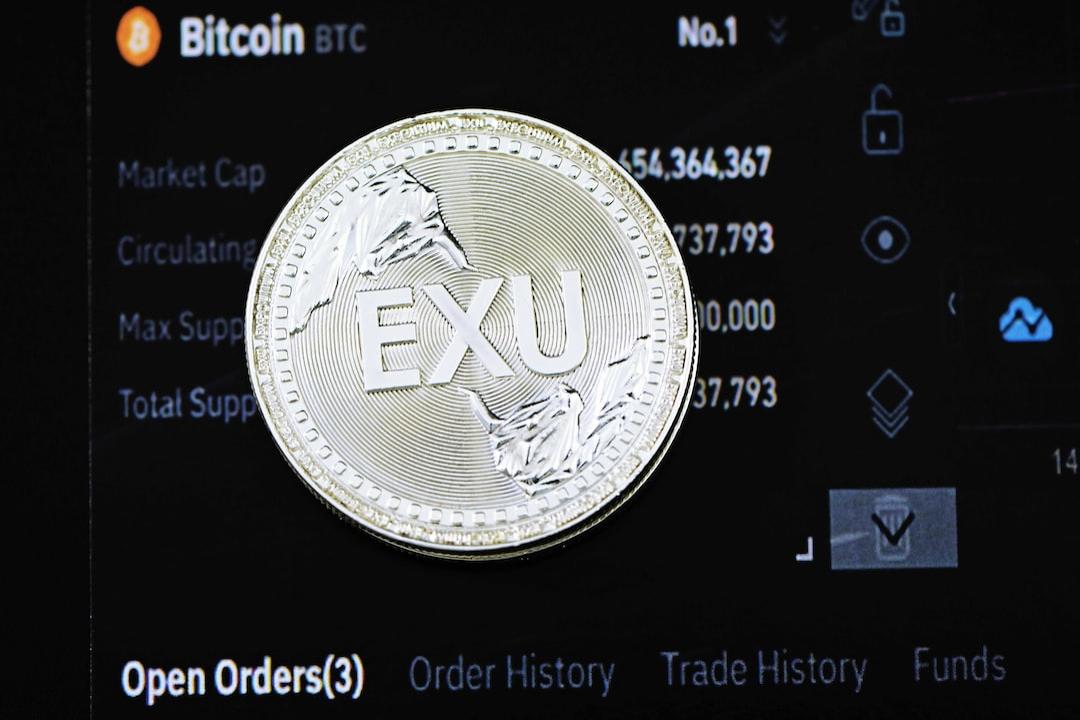Recent Inflation Data and Market Reactions
Recent inflation data released in the United States has fallen short of expectations, prompting the Federal Reserve to reconsider interest rate cuts. The report from the Bureau of Labor Statistics revealed a significant drop in consumer prices in March, marking the first notable decline in inflation since 2020 and 2021. However, analysts highlight that growing macroeconomic stress on a global scale remains a critical concern.
Interest Rate Hopes Boost Cryptocurrency Markets
BRN analyst Valentin Fournier indicated in a note published on Friday that the easing inflation in the U.S. boosts the likelihood of a rate cut at the Fed’s May meeting. According to Fournier, this scenario could serve as an important catalyst not only for traditional financial markets but also for cryptocurrencies. Notably, Bitcoin 
$82,901 has maintained its value above $80,000, trading around $82,300 following the inflation data release.

U.S. March Inflation Data and Cryptocurrencies
However, weakness signals persist on the institutional investment side. The consecutive outflow of capital from spot Bitcoin ETFs over the last six days indicates that a lasting bull trend has yet to be established. Fournier attributes this situation to the renewed tariff tensions between the U.S. and China. Nevertheless, some cryptocurrency funds on Wall Street may experience robust capital inflows in the near term, according to analysts. Furthermore, analysts anticipate a more favorable regulatory atmosphere for cryptocurrencies with the swearing-in of Paul Atkins as the new SEC Chairman.
Macroeconomic Pressures Cloud Optimism
While optimism about the future of the cryptocurrency market increases, some experts argue that March’s inflation data will have limited impact on Fed decisions. The discussion emphasizes that tariff issues and global trade wars have deepened economic fragility, leading to cautious Fed actions. Indeed, both U.S. stock markets and government bonds have faced pressure since the start of the week. President Donald Trump’s comments describing the bond market as “complex” have triggered speculation about potential tariff rollbacks by the White House.
The yield on U.S. 10-year Treasury bonds surpassed 4.5% on Wednesday, indicating a decline in investor confidence. Mike Cahill, CEO of Douro Labs, believes that low inflation, a weakening bond market, and a 90-day tariff deferral signal structural instability rather than clear relief in the markets. Amberdata Research President Mike Marshall added that turbulence in the traditional financial system will continue to pressurize the cryptocurrency market in the long run, especially as the U.S. raises tariffs on China to 145%, prompting China to retaliate with a 125% increase in tariffs.
Conversely, Cahill suggests that over time, capital will redirect from fragile debt markets toward cryptocurrencies that offer programmable stability and real benefits. This indicates that cryptocurrencies could once again become the focal point of a new wave of capital in the short term.

